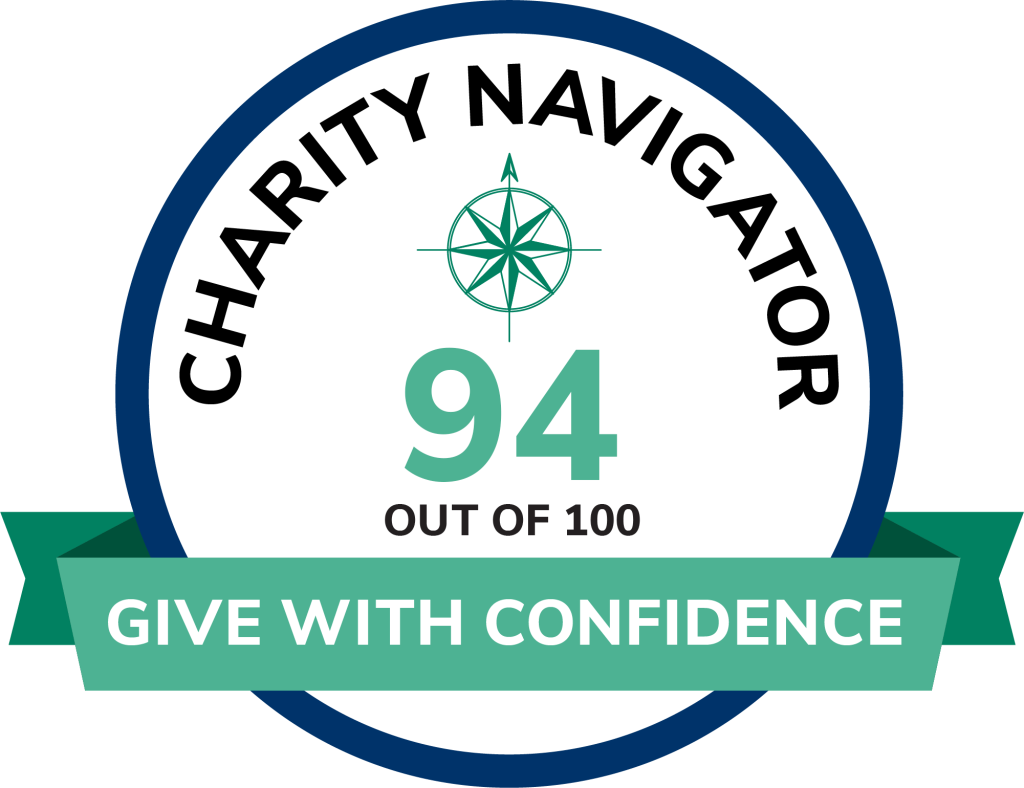February is National Cancer Prevention Month
By Kathy Attar, MPH, Engagement Manager, Eco-Healthy Child Care®
Cancer is the leading cause of death by disease among children in the U.S. Reducing children’s exposure to harmful chemicals like pesticides can help lower their risk of getting cancer.
Children may be exposed to pesticides by: playing on treated floors, lawns, and play structures; eating pesticide-treated foods; or drinking contaminated water. When pesticides are applied indoors as a spray or aerosol, small droplets can end up on carpets, floors, toys and other surfaces. Children then come into contact with these droplets by crawling or mouthing objects.
To lower pesticide exposures and control pests in your child care facility use Integrated pest management (IPM). IPM is an effective, environmentally sensitive and affordable strategy to control pests and weeds. IPM uses pest prevention practices like eliminating food and water sources and blocking entryways as ways to reduce chemical pesticide use. IPM gives you the tools to create your own plan of action.
Many pesticides can take a very long time to break down. They can persist indoors for weeks on furniture, toys and other surfaces and for years in household dust. Pesticide levels in indoor air are often higher than those found in outdoor air.
Find out more information about IPM and pesticide exposures in EHCC’s newly updated pesticides fact sheet.
To protect ALL children’s health, we must move beyond individual changes towards broader systems change. Our learning, health, and work sectors must adopt practices and policies to reduce toxic chemicals exposures.
A 30%+ increase in the rate of childhood cancer diagnoses since 1975, has led scientists, health professionals, businesses, and advocates to form The Childhood Cancer Prevention Initiative whose goal is to highlight the link between environmental factors and children’s health and bring about cross-sector policy change.
The Initiative released a new report: Childhood Cancer: Cross-Sector Strategies for Prevention that calls for the establishment of a National Childhood Cancer Prevention Research Agenda and National Childhood Cancer Prevention Plan to eradicate toxic chemicals linked to childhood cancers.
You can help make a change by supporting The Childhood Cancer Prevention Initiative–sign their letter of support today!










